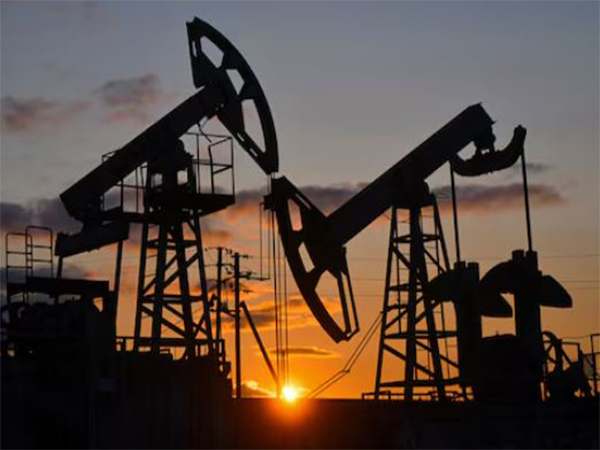Global Crude Prices at Stake: The Ripple Effect of India's Russian Oil Purchases
Global oil prices could skyrocket if India ceases purchasing Russian oil, a move that would impact consumers globally. Despite political pressures, India asserts its right to make energy decisions based on national interests. Presently, India continues buying discounted Russian crude, keeping international prices stabilized.

- Country:
- India
Fears of soaring global crude prices have surfaced with suggestions that prices could leap to $200 a barrel if India stops buying oil from Russia, informed sources told ANI. This move could have a severe impact on consumers worldwide, despite Russian oil not being sanctioned by the U.S. or the EU.
Sources emphasize India's need for energy security, highlighting Russia's role as the second-largest crude oil producer and exporter, with nearly 10% of global demand. India's strategic purchases align with its energy policy and international norms, allowing it to secure affordable energy amid market fluctuations. During a previous scare over Russian oil supplies, Brent prices spiked to $137 in March 2022.
Amidst these dynamics, former U.S. President Donald Trump recently alleged India might stop buying Russian oil, deeming it beneficial if proven true. However, India maintains its sovereign right to decide its energy policies. While rumors suggested Indian refiners halted Russian oil purchases due to tariff threats, Indian sources affirm continued purchasing based on commercial factors.
Though Russian oil hasn't been sanctioned, it faces a G7/EU price-cap mechanism. Indian refiners' actions remain legitimate under international laws and prevent further price hikes exacerbated by OPEC+ production cuts. Without absorbing discounted Russian crude, prices would exceed the March 2022 high, fueling global inflation.
India has avoided sanctioned Iranian and Venezuelan crude while adhering to the $60 per barrel cap, with the EU recommending a lower $47.6 cap for Russian oil effective September. Despite Europe's concurrent imports of Russian LNG and gas, India defends its continued sourcing of Russian oil as aligning with global energy stability and national interest.
(With inputs from agencies.)










